The National Safety Transportation Board (NSTB) has announced the 2019-2020 Most Wanted List of Transportation Safety Improvement during a February 4 press day. It is a distillation of a larger list of 46 recommendations for safety improvements.
The items on the short list are:
- Eliminate distractions
- End alcohol and other drug impairment
- Ensure the safe shipment of hazardous materials
- Fully implement positive train control
- Implement a comprehensive strategy to reduce speeding-related crashes
- Improve the safety of part 135 aircraft flight operations
- Increase implementation of collision avoidance systems in all new highway vehicles
- Reduce fatigue-related accidents
- Require medical fitness – screen for and treat obstructive sleep apnea
- Strengthen occupant protection
Some evergreens, some new issues
The safety of the roads particularly as it relates to trucking is an ongoing issue. In 2016 (the most recent year of available data), there were 789 road fatalities and 4,440 crashes involving large trucks and buses here in the U.S. Those involved in these accidents were often innocent victims severely injured because they were in smaller motor vehicles.
With 90 percent of accidents due to human error, the NTSB continues to battle such ongoing trucking issues as driving under the influence, driving too fast and distracted driving. Addressing these issues is crucial to the safety of our roads. However, new developments in technology will also make impact in the years to come. Some exciting new developments are the wider implementation of collision avoidance technology, the ELD Mandate that requires drivers to enter their logbooks electronically (for better accountability) and even monitoring drivers remotely for better compliance.
The danger is still there for now
Technological advances and enforcement will certainly make the roads safer, but crashes and injuries will be a reality for the foreseeable future. Victims are often best served by consulting with a personal injury attorney who handles truck accidents. The circumstances of each crash are different, but legal knowledge and experience often proves to be a real asset to victims and their families.

